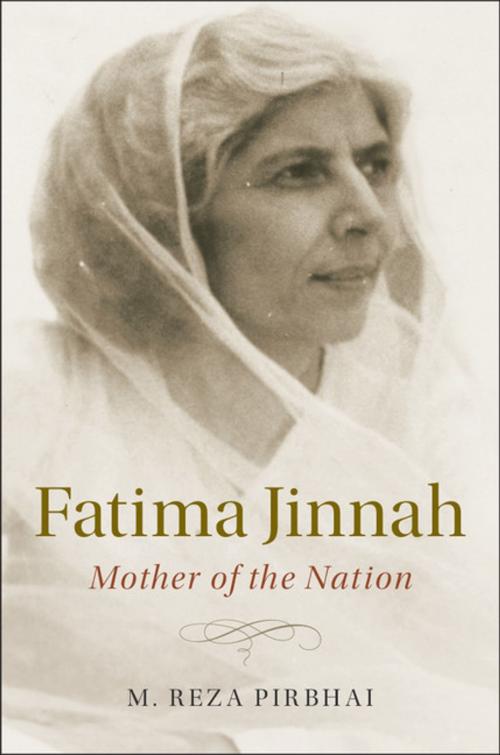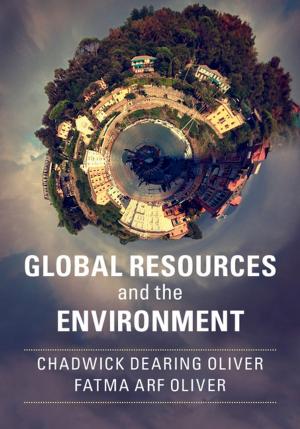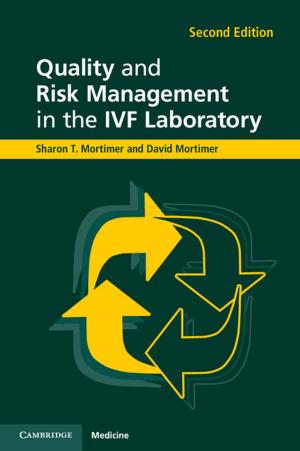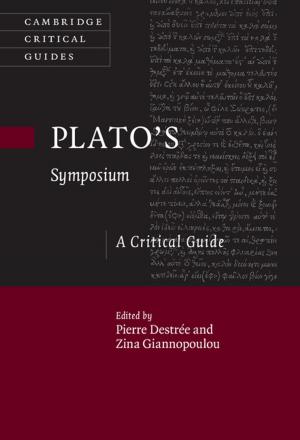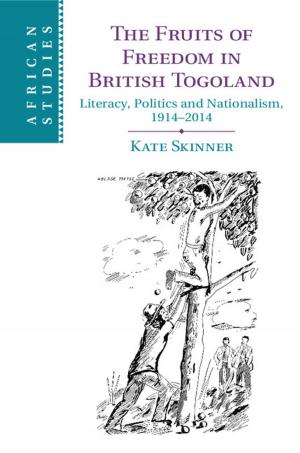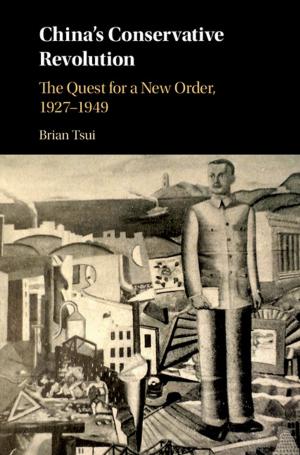| Author: | M. Reza Pirbhai | ISBN: | 9781108135313 |
| Publisher: | Cambridge University Press | Publication: | May 27, 2017 |
| Imprint: | Cambridge University Press | Language: | English |
| Author: | M. Reza Pirbhai |
| ISBN: | 9781108135313 |
| Publisher: | Cambridge University Press |
| Publication: | May 27, 2017 |
| Imprint: | Cambridge University Press |
| Language: | English |
Although fifty years have passed since the death of Fatima Jinnah - author, activist and stateswoman known in Pakistan as the 'mother of the nation' - this is the first scholarly biography to tackle her life in full. Her background and contribution to Muslim nationalism under the British Raj, as well as her various efforts to consolidate the state, including a run for president in 1964, are told through previously untapped archival sources. Examining her life in the context of scholarship on South Asia and on women in Islam, Pirbhai assesses Fatima Jinnah's role through the theoretical lens of the colonial 'new woman'. This is essential reading for all those interested in modern South Asian and Islamic history, particularly the themes of gender and colonialism, the roots of Muslim nationalism and the early challenges facing the Pakistani state, as shown through the extraordinary lived experience of its most influential female activist.
Although fifty years have passed since the death of Fatima Jinnah - author, activist and stateswoman known in Pakistan as the 'mother of the nation' - this is the first scholarly biography to tackle her life in full. Her background and contribution to Muslim nationalism under the British Raj, as well as her various efforts to consolidate the state, including a run for president in 1964, are told through previously untapped archival sources. Examining her life in the context of scholarship on South Asia and on women in Islam, Pirbhai assesses Fatima Jinnah's role through the theoretical lens of the colonial 'new woman'. This is essential reading for all those interested in modern South Asian and Islamic history, particularly the themes of gender and colonialism, the roots of Muslim nationalism and the early challenges facing the Pakistani state, as shown through the extraordinary lived experience of its most influential female activist.
